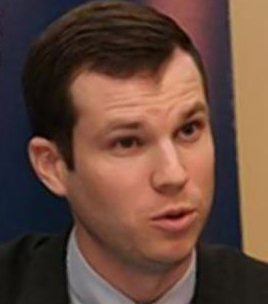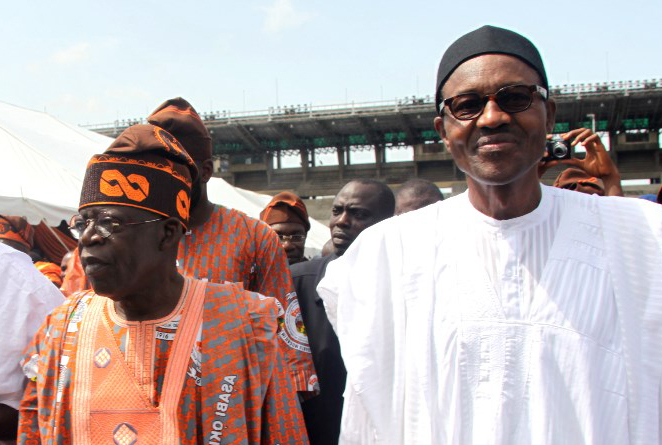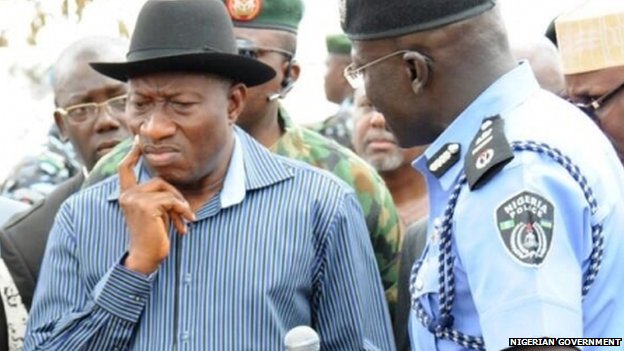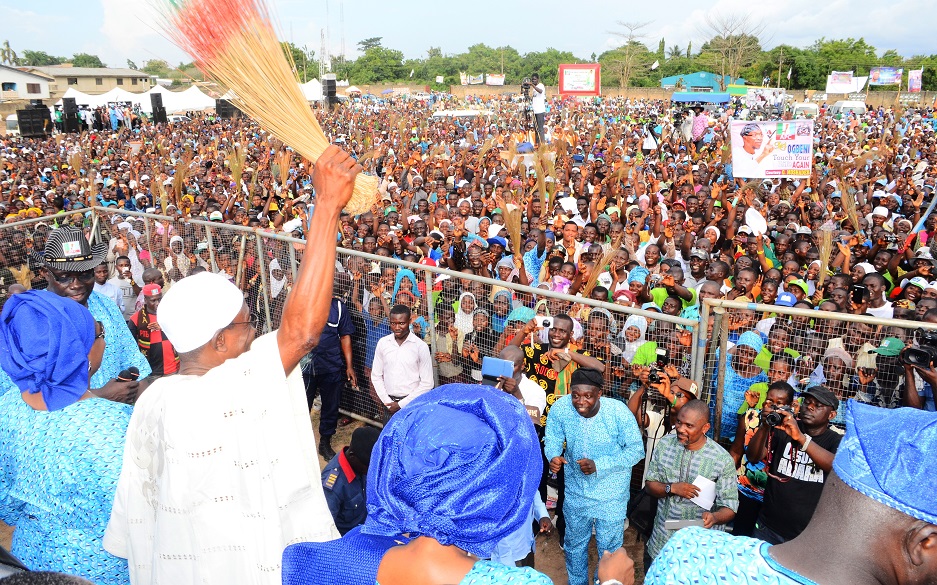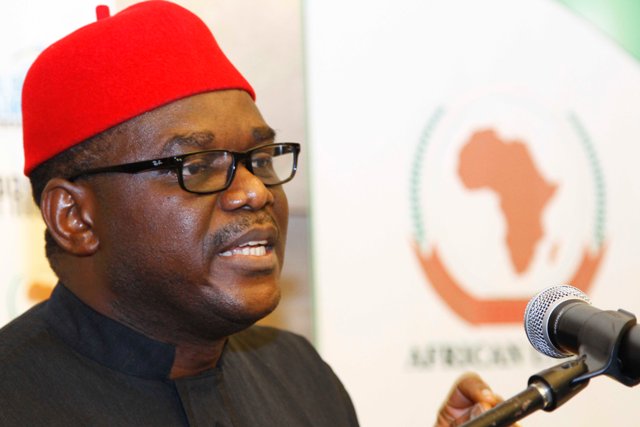Today the parents of more than 250 schoolgirls in Chibok, Nigeria, will enter the 100th day of mourning for their missing daughters. The terrorist group, Boko Haram, whose name implies “Western Civilisation is Sinful”, kidnapped the schoolgirls and threatened to sell them as “slaves in the market.” A few girls managed to escape, but the majority are split between several groups, with some reportedly in Niger, Cameroon, Chad, Central African Republic and 1000 kilometers from home in Sudan.
There are calls for Nigeria to “do something” and “#BringBackOurGirls,” but the military’s options are limited. A “successful” rescue attempt could save several dozen girls, but the terrorists could retaliate by gruesomely maiming others. The government may also be able to negotiate the release of some girls, but only if it lets out terrorists from prison and pays millions of dollars in ransom.
Given the constraints on Nigeria, countries such as the US, UK, France and China are offering support, including satellite imagery, to locate Boko Haram hideouts where the girls are hidden. One major difficulty, however, is that Boko Haram has a sophisticated logistics network in Africa that helps the militants hide hostages and smuggle weapons from as far as Libya to Nigeria. Boko Haram leaders have also trained with al-Shabab in Somalia, received bomb-making expertise from al-Qaeda in the Islamic Maghreb in Algeria, and operated criminal enterprises in Nigeria, the Gulf region and India, according to intelligence reports.
The terrorists’ advantage is that they fight on an international battlefield, while Nigeria is restricted to its own political boundaries. If Boko Haram did not have safe havens in Cameroon, it would have been unable to carry out the Chibok kidnapping or regroup after the Nigerian President, Goodluck Jonathan, declared a State of Emergency offensive in May 2013. Boko Haram also benefits from the West’s own misunderstanding of the terror group’s objectives.
Advertisement
Today the Bow Group is publishing my report, Exposing and Defeating Boko Haram: Why the West Must Unite to Help Nigeria Defeat Terrorism. In the report, I explain how the U.S. State Department led by Hillary Clinton did not label Boko Haram and its internationalist offshoot, Ansaru, as a “foreign terrorist organization (FTO)” until November 2013 because of her team’s political interests and misguided theories about terrorism. As a result, Boko Haram received finances almost unimpeded for the first four years of the insurgency, including from domestic actors who oppose President Jonathan and foreign sponsors who want to see Nigeria divided and Western economic interests attacked. Notably, a female suicide bomber self-detonated at a fuel tanker in Lagos, southern Nigeria’s commercial hub and home to many Western businesses, on June 25, which became Boko Haram’s first claimed attack in that city.
Now, with the attention on the Chibok schoolgirls and growing concerns about Boko Haram in southern Nigeria, the US, UK and other allies of Nigeria have an opportunity to recommit to cutting the financial and logistical lifelines between Boko Haram and its collaborators. Boko Haram’s declaration of support for the “Islamic State” (formerly known as ISIS) in Syria and Iraq, which like Boko Haram is carrying out a religicide of Christians and massacring civilians, only heightens the urgency for action. The key measure that needs to be taken— as outlined in the Bow Group report—is the following:
‘An international investigation under the auspices and coordination of the US, UK, France, Nigeria and other leading states must be called to examine Boko Haram and its relationships with in-country political figures, businesses in West Africa and abroad and international terrorist groups. The probe and its conclusions should be neutral and objective and delivered well before the Nigerian presidential elections next year.’
Advertisement
The report also recommends that:
- International support and cooperation with the Nigerian government to counter Boko Haram should be enhanced;
- The U.S. Democratic Party, including its consultants, avoid negative repercussions that could arise if it were viewed to be siding with the party opposing President Jonathan in the February 2015 elections, which many Christians consider to be Nigeria’s version of the Muslim Brotherhood; and
- The U.S. government clarify why it refused to label Boko Haram as an FTO and outline the criteria upon which the label will be used in the future.
There are significant humanitarian and counter-terrorism concerns at stake in Nigeria. The challenge of combating Boko Haram is one that West and Nigeria must be willing to undertake together—and win. The time for action is now, and I hope my report leads to an international investigation that will be launched at once.
Zenn is an associate fellow of the Henry Jackson Society and the Jamestown Foundation. He is author of ‘Exposing and Defeating Boko Haram – why the West must unite to help Nigeria defeat terrorism’ published by the Bow Group.
Source: conservativehome.com
Advertisement
Views expressed by contributors are strictly personal and not of TheCable.
